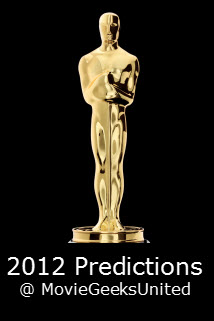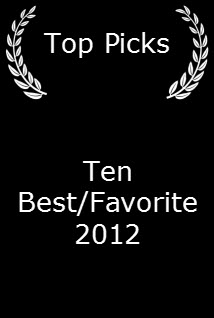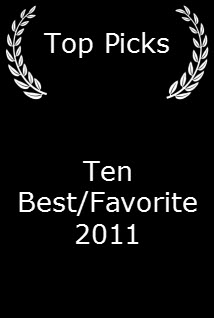Ruby Sparks (2012)


Content by Tony Macklin. Originally published on August 16, 2012 @ tonymacklin.net.
Most men have been bewitched by a female in their lives.
Many of these intoxicating vixens have been created in their imaginations - or at least idealized and romanticized.
Until we woke up.
Gidget is gone. Desdemona is dead.
Now is the time of Zooey and Zoe. Deschanel, Saldana, and Kazan. There are Zs all over the place.
Some like Deschanel are too vapid for the imagination to revamp. In (500) Days of Summer she emasculated Joseph Gordon-Levitt. But in some markets vapidity sells.
When it was announced that Zoe Kazan - the granddaughter of Elia the Informer - had written a screenplay for herself and her boyfriend Paul Dano, it had an overwhelming "ahh" factor. The "ahh" factor often can be translated to the "yuck" factor.
Ruby Sparks - written by Kazan - starts with a potential "yuck" factor, but it evolves into the "ahh" factor. One may set out to resist its charms, but Zoe, her guy, and their movie have piquant staying power.
Ruby Sparks is the story of Calvin (Dano), a frustrated writer who had a monumental success with his first novel, published when he was only 19. As the movie begins, Calvin is unable to create anymore.
When his psychiatrist (Elliott Gould) gives him an assignment to write a page, he gives it a try. Out of his imagination, Calvin creates Ruby Sparks. Suddenly the character he created on the page appears in his actual life.
Calvin is uncertain whether she actually exists, but eventually others see her too. He realizes that he can change and control her just by typing.
This is where Ruby Sparks goes beyond quirky fluff and deals with relationships. Control in a relationship is not always for the good. Calvin finds himself between the rock of his imagination and the hard place of his actuality.
One may have doubts about a young woman's screenplay about literature. The initial allusions are obvious - to Fitzgerald and Salinger. Sigh.
But when there's an allusion to Ricky Jay, we know the script is not just by the numbers.
The screenplay does have its conventional aspects. The last line that the writer types about Ruby Sparks is totally predictable.
And Calvin's instruction to his dog - "Go potty, Scotty" - is coy. It doesn't get any better with repetition. BTW, if you're writing a movie script, be sure to include a canine, e.g., Ruby Sparks and The Artist. A little dog is an instant and continuing "ahh" factor.
There are some dead spots in the screenplay. Calvin says Ruby was raised in Dayton, Ohio. Why Dayton? Calvin says, "It sounds romantic." In what universe? Yeah, and National Cash Register is Eden.
When Ruby asks him what he thought the first time he saw her, Calvin answers, "I thought you were the most beautiful girl in the world." Take another look. If the line was improvised, it's dopey. If it's in Zoe's script, it's just vain.
Despite such cracks in the mirror, the screenplay generally holds up.
It's helped greatly by the direction of Jonathan Dayton and Valerie Faris, who directed the popular Little Miss Sunshine (2006). They are able to skirt coyness and keep Ruby Sparks in the realm of humanity.
They do a good job balancing all the Zoes in the air.
As Ruby Sparks, Zoe Kazan has to effect multiple mood swings. She's frisky and engaging. She has moments of grace and moments of energetic awkwardness. And fury.
Dano is convincing as the bewildered would-be writer.
But the character that makes it all work is Calvin's brother Harry. Chris Messina (HBO's The Newsroom) finally has a sympathetic role. He brings a crucial dimension of believability to the absurd goings-on.
Harry also has some clever lines. He calls Calvin's relationship with Ruby not incest but "mindcest."
Zoe Kazan rides her screenplay on a high-altitude flight of imagination. Although there's an occasional bump on the way, the landing is smooth.
This Zoe is in the zone.
Ahh.













